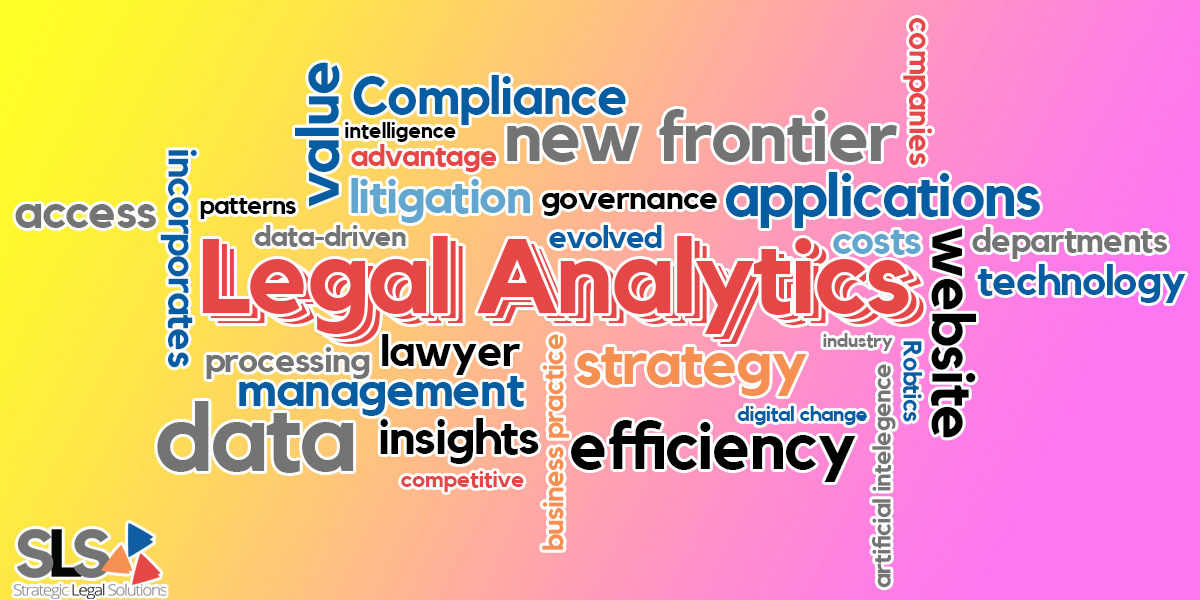How are Legal Analytics used? May 28, 2020

The term didn’t really exist as a legal industry term until the early 2010s. It has evolved from its original description of data insights that assist litigation strategy, to its broader current usage that incorporates a wide range of applications to the business and practice of law.
It’s now being considered as a new frontier – the data-driven lawyer!
The idea, like digital change in any industry, is to improve efficiency, gain better insights and realise greater value for available data.
The use of legal analytics is also giving firms a competitive advantage over old-school companies and departments who don’t yet possess the technology or human resources to utilise it. When you have better access to your own data you can use insights to reduce costs. For instance, you could recognise trends and inefficiencies to make more value-driven adjustments, then quickly access cost comparisons and outcomes to better evaluate the cost of resources, such as legal counsel.
In some areas of law, such as patents, M&A and contracts, without legal analytics your firm is already at a disadvantage.
Note that Legal Research remains a separate and vital skill, but analytics can be used to reveal trends and patterns informing legal strategy and anticipating outcomes in a way that standard research can’t. Data-driven insights won’t replace good research, they are supplementary.
Underlying the developments in legal analytics is the increase in artificial intelligence technologies. These include natural language processing and machine learning and the additional of digital “structure” to complex legal data–tags and metadata that help computers recognise meaning.
Research that may have taken weeks can now be provided in minutes. Lawyers can identify trends, insights and behaviours faster to help develop more effective legal strategies.
The below are some categories of legal analytics emerging in the legal services marketplace:
- Research Analytics
- Billing Management Analytics
- Case Analytics
- Big Data
- Compliance Analytics
- Contracts Analytics
- Document Automation Analytics
Legal teams will thrive when you put your data to work more effectively and efficiently.
